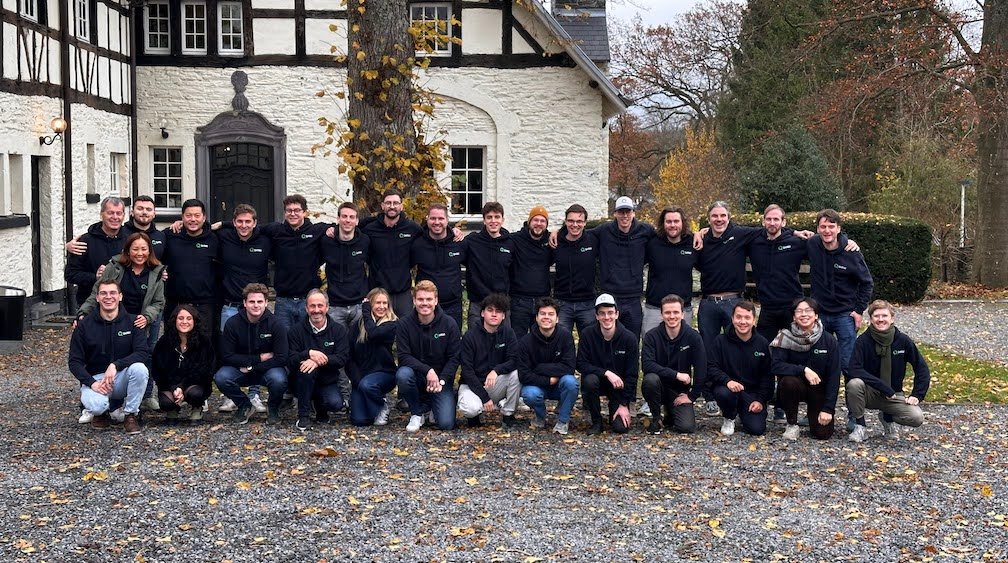Transportation makes up approximately 23% of the world’s greenhouse gas emissions, with inland transportation contributing 72% of that total. It’s no surprise then that road vehicles alone account for 69% of these emissions. But did you know that empty trucks produce more emissions than all international flights combined? This alarming statistic highlights the need for greater efficiency in the transportation industry, which is still heavily reliant on manual processes.
Belgium-based startup Qargo has recognized this issue and recently secured a substantial £11 million ($14 million) in funding through a Series A round led by Balderton Capital.
With the logistics industry facing challenges such as rising operating costs, decarbonization pressures, fuel price increases, and cyber attacks, companies in this sector are navigating tricky times. In fact, several haulage companies in the U.K. have already collapsed. To combat these challenges, there is a clear push towards digitizing the industry and introducing cost-saving measures.
While legacy software platforms like Mcleod Software, Rose Rocket, and Dash Doc are currently used in the transport sector, these systems are often outdated and not equipped to handle the demands of today’s industry.
But that’s not all. Qargo’s platform also optimizes truck routes by combining loads and reducing distances, ultimately minimizing the number of empty loads and cutting down on carbon emissions.
When asked about the motivation behind creating Qargo, CEO Coppens states, “Logistics is an industry that has been slow to embrace environmental concerns. Trucking, in particular, is known for its inefficiency and pollution, and it remains one of the few sectors where software hasn’t yet made significant advancements. Most of the planning in this industry is still done using pen and paper or Excel sheets.”
One of Qargo’s customers, U.K.-based Anglia Freight, reported annual savings of over 200,000 miles and a 20-minute reduction in travel time per vehicle per day by using the innovative platform.
Coppens also emphasizes that Qargo’s focus is on providing an operational system for its customers. “In the rare instance that we were to go bankrupt, it would cause significant problems for our clients. We handle their planning and invoicing, so the trust and confidence in our stability are crucial. We hope that this new funding will instill even more confidence in our customers and prove that we are here for the long run.”
According to market research firm Fact.MR, the transport management software industry is expected to reach a staggering $19.1 billion by 2032. Commenting on this projected growth, partner at Balderton Capital Rob Moffat states, “The logistics market is worth $5 trillion globally, yet it has largely been overlooked by software companies. The majority of firms in this sector are still using archaic software that fails to meet their evolving needs, and they must improvise with whiteboards and phone calls to compensate for this.”








